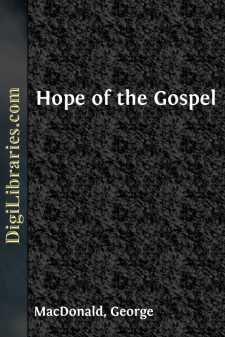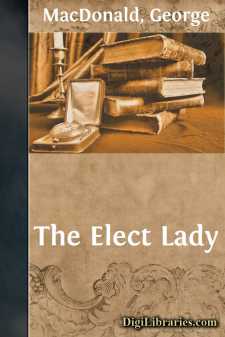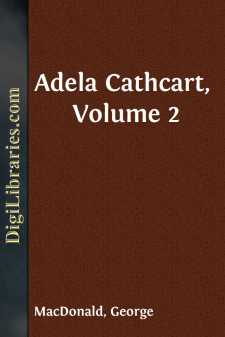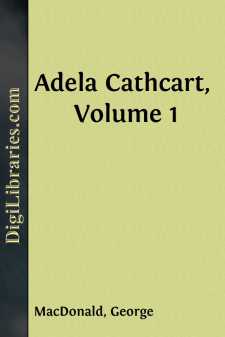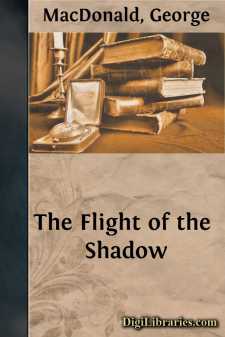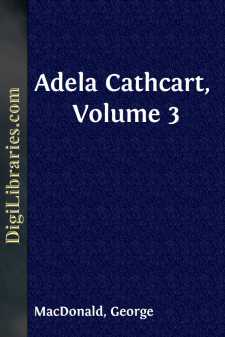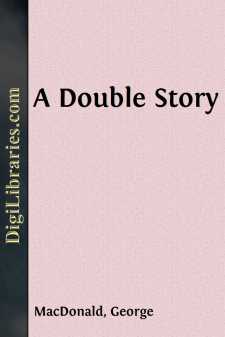Categories
- Antiques & Collectibles 13
- Architecture 36
- Art 48
- Bibles 22
- Biography & Autobiography 813
- Body, Mind & Spirit 142
- Business & Economics 28
- Children's Books 17
- Children's Fiction 14
- Computers 4
- Cooking 94
- Crafts & Hobbies 4
- Drama 346
- Education 46
- Family & Relationships 57
- Fiction 11829
- Games 19
- Gardening 17
- Health & Fitness 34
- History 1377
- House & Home 1
- Humor 147
- Juvenile Fiction 1873
- Juvenile Nonfiction 202
- Language Arts & Disciplines 88
- Law 16
- Literary Collections 686
- Literary Criticism 179
- Mathematics 13
- Medical 41
- Music 40
- Nature 179
- Non-Classifiable 1768
- Performing Arts 7
- Periodicals 1453
- Philosophy 64
- Photography 2
- Poetry 896
- Political Science 203
- Psychology 42
- Reference 154
- Religion 513
- Science 126
- Self-Help 84
- Social Science 81
- Sports & Recreation 34
- Study Aids 3
- Technology & Engineering 59
- Transportation 23
- Travel 463
- True Crime 29
England's Antiphon
by: George MacDonald
Description:
Excerpt
CHAPTER I.
SACRED LYRICS OF THE THIRTEENTH CENTURY.
In the midst of wars and rumours of wars, the strife of king and barons, and persistent efforts to subdue neighbouring countries, the mere effervescence of the life of the nation, let us think for a moment of that to which the poems I am about to present bear good witnessвÐâthe true life of the people, growing quietly, slowly, unperceivedвÐâthe leaven hid in the meal. For what is the true life of a nation? That, I answer, in its modes of thought, its manners and habits, which favours the growth within the individual of that kingdom of heaven for the sake only of which the kingdoms of earth exist. The true life of the people, as distinguished from the nation, is simply the growth in its individuals of those eternal principles of truth, in proportion to whose power in them they take rank in the kingdom of heaven, the only kingdom that can endure, all others being but as the mimicries of children playing at government.
Little as they then knew of the relations of the wonderful story on which their faith was built, to everything human, the same truth was at work then which is nowвÐâpoor as the recognition of these relations yet isвÐâslowly setting men free. In the hardest winter the roots are still alive in the frozen ground.
In the silence of the monastery, unnatural as that life was, germinated much of this deeper life. As we must not judge of the life of the nation by its kings and mighty men, so we must not judge of the life in the Church by those who are called Rabbi. The very notion of the kingdom of heaven implies a secret growth, secret from no affectation of mystery, but because its goings-on are in the depths of the human nature where it holds communion with the Divine. In the Church, as in society, we often find that that which shows itself uppermost is but the froth, a sign, it may be, of life beneath, but in itself worthless. When the man arises with a servant's heart and a ruler's brain, then is the summer of the Church's content. But whether the men who wrote the following songs moved in some shining orbit of rank, or only knelt in some dim chapel, and walked in some pale cloister, we cannot tell, for they have left no name behind them.
My reader will observe that there is little of theory and much of love in these lyrics. The recognition of a living Master is far more than any notions about him. In the worship of him a thousand truths are working, unknown and yet active, which, embodied in theory, and dissociated from the living mind that was in Christ, will as certainly breed worms as any omer of hoarded manna. Holding the skirt of his garment in one hand, we shall in the other hold the key to all the treasures of wisdom and knowledge.
I think almost all the earliest religious poetry is about him and his mother. Their longing after his humanity made them idolize his mother. If we forget that only through his humanity can we approach his divinity, we shall soon forget likewise that his mother is blessed among women....



